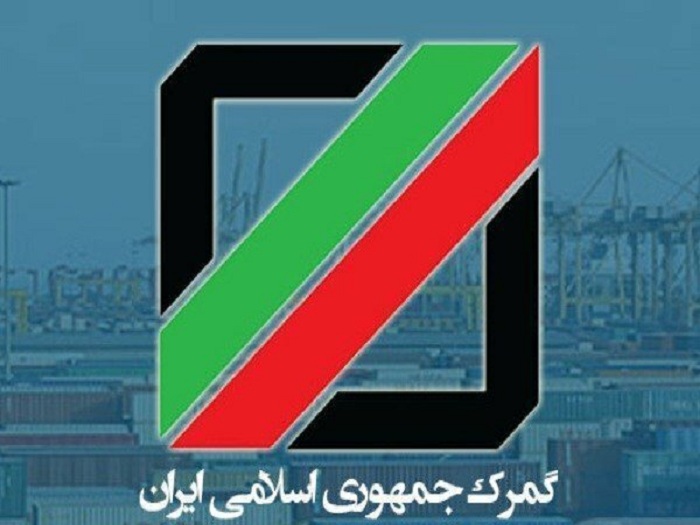Deposition of goods at customs; What is the reality of the story?

Stoning the way for exports and increasing the inflow of foreign exchange from non-oil exports of small exporters; And locking in imports with my so-called "customs deposit" has become two tools to prolong the period of crisis in the domestic market.
According to the International Iranian Stone Exhibition, the term "goods deposit in customs" has entered the country's media literature two years ago and has played a role in justifying the high cost of goods and shortages in the market.
This "verb" (deposition of goods in customs) without a specific "agent" is defined as if imported goods are deposited in Iranian customs like a riverbed and do not want to enter the country.
A simple review of the import process clearly shows that the term "customs deposit" is fictitious and meaningless and has become a tool to justify the artificial shortage in the domestic market with the role of the government.
The buyer of goods from anywhere in the world requires payment at the same time as loading, and even if the purchased goods are CIF of Shahid Rajaei port of Bandar Abbas, practically the entire cost is paid when arriving at customs and the seller does not allow goods to enter without receiving money Iranian ports.
Despite such clear and obvious issues, government officials and government-affiliated media have coined the fictitious term for the deposition of goods in the autonomous monster customs, which has made goods expensive and scarce in the market.
Hidden point
Fake disputes between the parliament's economic commission, the Ministry of Economy and the central bank over whether goods "deposited in customs" require foreign exchange and pressure on the foreign exchange market; It is absolutely meaningless and the goods that reach the customs have been paid for practically everything. That is, the seemingly worrying part of the work (payment of currency) has been done and the useful part of the work (distribution in the domestic market) has been stopped by the role of the government.
No seller even in normal mode; And not under sanctions like Iran; He does not accept to export goods to Iran and receives his money after the goods arrive in Iran. Even if there are a handful of exceptions, it does not mean a rule and has a small weight in the country's import market.
The difference in the prices of imported goods in the domestic market is not logical even with pricing taking into account the daily exchange rate of foreign currencies, and there is a kind of price bubble in the market of imported goods.
The root of the price bubble for imported goods goes back to the government's policy of not allowing importers to clear their purchased goods with the invention of the term "customs deposit", the hidden purposes of which must be investigated by parliament and regulators.
Stoning over exports and increasing foreign exchange inflows from non-oil exports of small exporters; And locking up imports with my so-called "customs deposit", which has even raised the voice of the head of the judiciary, as two tools to prolong the period of crisis in the domestic market and endlessly increase the price of imported goods, followed by manufactured goods. The inside is turned.
The main "actor" of the deposit of goods in customs; It is the government itself and the goods received by the customs do not require the allocation of new currency and their prices have already been paid. Therefore, it is necessary for the parliament and the judiciary to enter into this economic sabotage and put an end to the game of deliberately creating shortages in the domestic market.
* Tasnim










